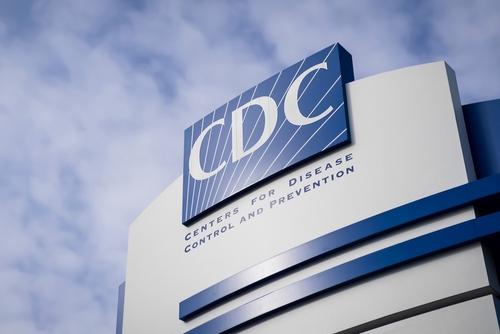
Following up on a request for information (RFI) from U.S. Rep. Marionette Miller-Meeks (R-IA), in which she pushed for changes at the Centers for Disease Control and Prevention (CDC), the Johns Hopkins Center for Health Security delivered a proposal for a well-funded, appropriately authorized and flexible CDC to continue its work.
In an eight-page response, the Center noted that the current CDC lacks key authorities, capabilities, and mechanisms to ensure quick responses to major health threats, such as COVID-19. These include choke points on data sharing and collection, as well as inflexibility in its budget and contracting options – all areas in which it is bound by Congress. It also urged Congress to clarify the organization’s core mission and work with it, rather than against it, to employ changes that incentivize its scientific workforce and invest in national public health training and global network operations.
This came in response to an April push from Miller-Meeks, of the House Energy and Commerce Committee, who turned to healthcare industry stakeholders with claims of a CDC riddled with mismanagement, over-politicized, stricken with errors, or rife with deception.
“Unfortunately, the COVID-19 pandemic exposed years of consistent failures within the CDC, resulting in a lack of trust among Iowans and others across the nation,” Miller-Meeks said. “It’s imperative the CDC can address public health threats, and, as it stands, it’s clear the agency is incapable of doing so. My hope is by engaging in a productive discussion, we can work together to rebuild and restore trust in our nation’s preeminent public health agency.”
The Center’s recommendations drew from its “Building the CDC the Country Needs” report, written and supported by 38 signatories in January. Its response also pressed for immediate reforms inclusive of long-term plans for the agency, support for rapid engagement with key stakeholders during infectious disease crises, new data authorities and budget flexibilities, and more.




